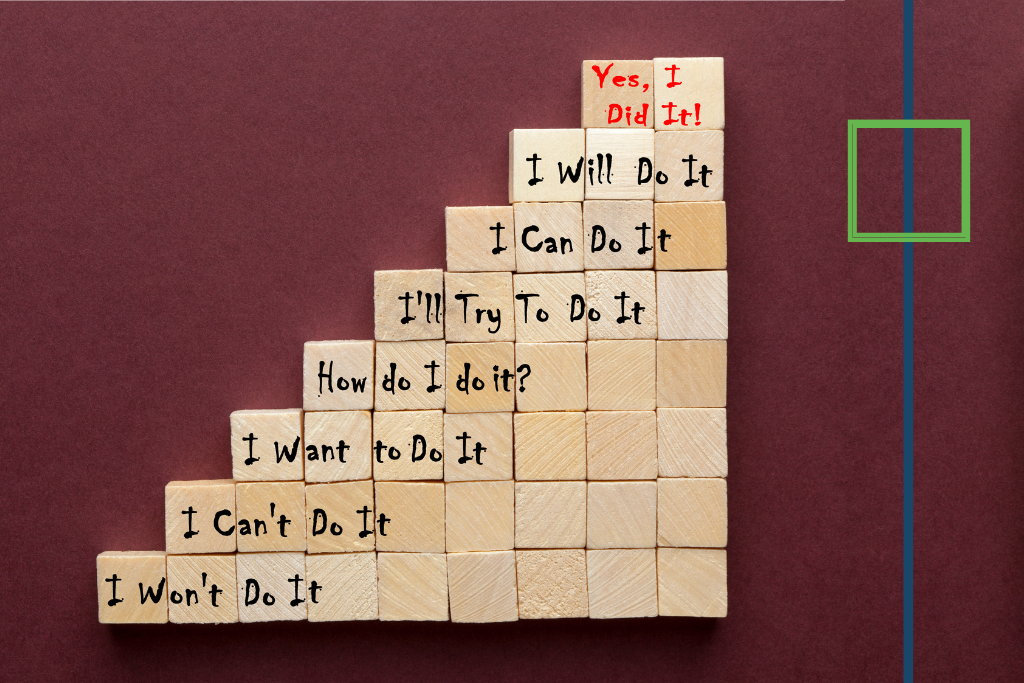Benefit from a 12 Step Recovery Program
12 step programs are an alternative method of addiction treatment that have grown increasingly popular. They have been around for nearly a century and are a familiar topic within recovery communities. Use of the 12 Steps program for drug abuse is often used alongside formal behavioral therapy and medical assisted treatment (MAT).
The 12 Steps was designed to help participants achieve and maintain sobriety. Popularized in the early 20th century with the formation of Alcohol Anonymous, the success of the steps program for alcohol addiction led to the creation of its virtually identically counterpart, Narcotics Anonymous.
Regardless of the substance at hand: the purpose of the Twelve Steps is to empower recovering addicts to be introspective and to take responsibility for their actions. In doing so, individuals can learn to identify the source of their substance abuse, triggers, and ultimately, find lasting support in moving past it.
Do 12 Step Programs Work?
The ultimate goal of a 12 step program is to achieve complete abstinence. This is no small undertaking, so it’s unrealistic to expect a 100% success rate. Like any other kind of addiction treatment, whether a rehab facility or program “works” or not comes down to whether it’s the right fit for the individual.
The 12 Steps programs run on voluntary participation – unless you have been court-mandated to attend an AA or NA meeting, attendance is based on your own volition. There are several different types of therapies that are used to treat addiction, and no singular one is best. So yes, the 12 Step programs really work. However, it requires effort from the participant, so those who have the motivation to see the 12 Steps through are the ones who get results.
The 12 Steps model is a popular one that has influenced dozens of other substance abuse treatment methods. Although there are thousands who participate in these meetings every day, worldwide, it doesn’t necessarily mean that the 12 Steps programs are the right fit for every recovering addict. There are several types of therapies for their addiction treatment program. It’s important to find a rehab facility that has what works best for you.
The 12 Steps
- We admitted we were powerless over our addiction—that our lives had become unmanageable.
- Came to believe that a Power greater than ourselves could restore us to sanity.
- Made a decision to turn our will and our lives over to the care of God as we understood Him.
- Made a searching and fearless moral inventory of ourselves.
- Admitted to God, to ourselves, and to another human being the exact nature of our wrongs.
- Were entirely ready to have God remove all these defects of character.
- Humbly asked Him to remove our shortcomings.
- Made a list of all persons we had harmed, and became willing to make amends to them all.
- Made direct amends to such people wherever possible, except when to do so would injure them or others.
- Continued to take personal inventory and when we were wrong promptly admitted it.
- Sought through prayer and meditation to improve our conscious contact with God as we understood Him, praying only for knowledge of His will for us and the power to carry that out.
- Having had a spiritual awakening as the result of these steps, we tried to carry this message to addicts, and to practice these principles in all our affairs.
The 12 Traditions
- Our common welfare should come first; personal recovery depends upon unity.
- For our group purpose there is but one ultimate authority—a loving God as He may express Himself in our group conscience. Our leaders are but trusted servants; they do not govern.
- The only requirement for membership is a desire to stop drinking/using.
- Each group should be autonomous except in matters affecting other groups or the fellowship as a whole.
- Each group has but one primary purpose—to carry its message to the alcoholic who still suffers.
- A group ought never endorse, finance, or lend the fellowship name to any related facility or outside enterprise, lest problems of money, property, and prestige divert us from our primary purpose.
- Every group ought to be fully self-supporting, declining outside contributions.
- The fellowship should remain forever nonprofessional, but our service centers may employ special workers.
- The fellowship, as such, ought never be organized; but we may create service boards or committees directly responsible to those they serve.
- We hold no opinion on outside issues; hence the fellowship name ought never be drawn into public controversy.
- Our public relations policy is based on attraction rather than promotion; we need always maintain personal anonymity at the level of press, radio, and films.
- Anonymity is the spiritual foundation of all our Traditions, ever reminding us to place principles before personalities
Everything is Under One Roof!
At Level Up Lake Worth, we firmly believe that the best chances of success at addiction recovery when clients are given the right tools. But that is still only half of the battle, making those resources accessible and convenient plays a major role in the likelihood of true recovery. As such, we are pleased to offer our treatment programs, (individual counseling, group therapy, and 12-step program meetings) at the same facility. This means less headache and hassle for our clients, who can then spend more time focusing on getting better.


